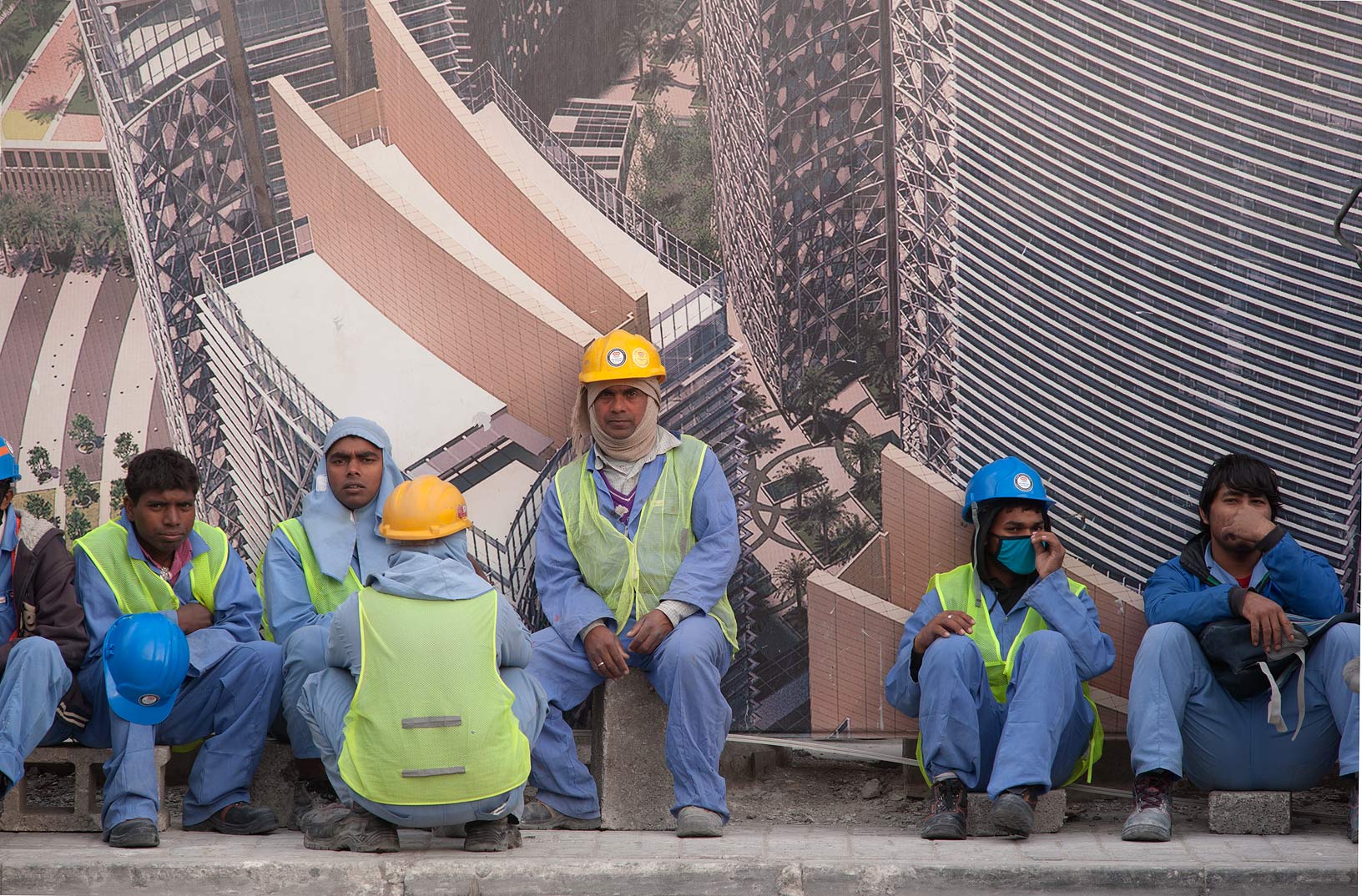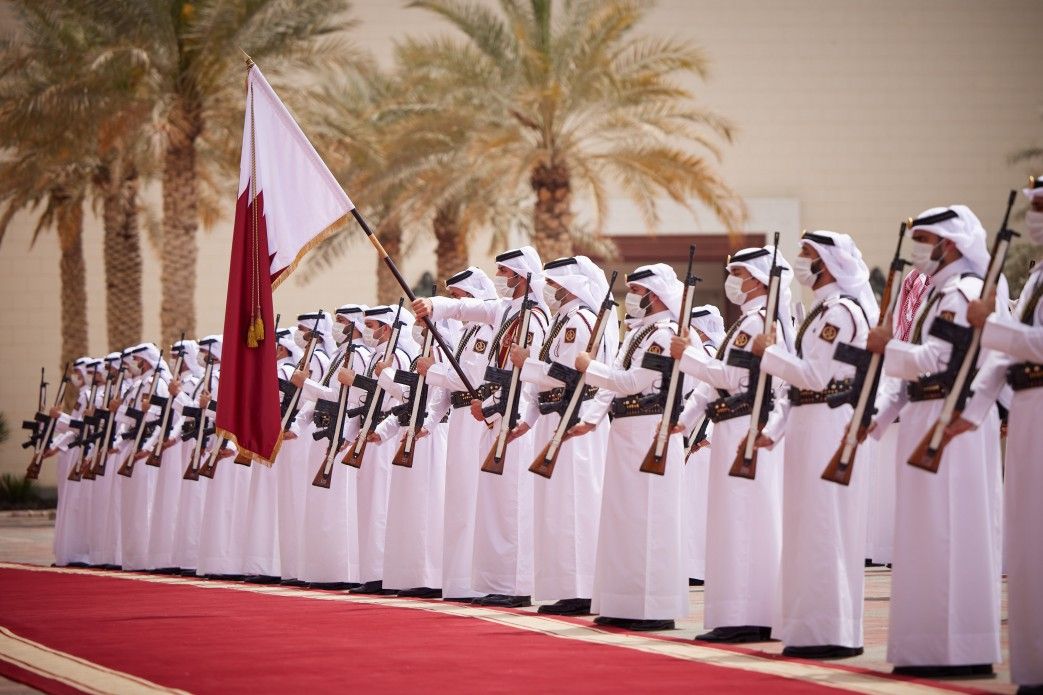By Quinn Clearwater, Opinion Editor
The human rights record of Qatar is appalling, with many commentators suggesting we should boycott the 2022 FIFA World Cup to express our discontent with their practices. While this is a noble idea, how much moral footing do we as a country have to stand on?
Let’s remind ourselves of Qatar’s human rights record. Qatar has been named ‘fundamentally a slave state’ by the International Trade Union Confederation for its treatment of its foreign workers. Foreign workers make up 94 per cent of the labour force.
Previously the ‘Kafala System’ was in place in Qatar. Under this policy permission was required from employers to change jobs, leave the country, get a driver’s licence, rent a home, or open a bank account. However, Qatar announced the end of the Kafala system in 2019.
Under pressure from the global community, laws have been changed to remove some of these restrictions in the run-up to the world cup. However, as Amnesty International reports, in reality very little actual change has occurred to the treatment of workers.

There are also worries about the safety of LGBTQ+ fans visiting the country. Male homosexuality is illegal in Qatar and punishable by fines, prison time or death (luckily for British fans, the death penalty for homosexual acts is only for Qatari citizens). Former FIFA president, Sepp Blatter, flippantly joked that LGBTQ+ fans ‘should refrain from any sexual activities’ while at the 2022 world cup.
Former FIFA president, Sepp Blatter, flippantly joked that LGBTQ+ fans ‘should refrain from any sexual activities’ while at the 2022 world cup.
While he, following advice from his advisors, made a corrective statement: ‘we [FIFA] don't want any discrimination. What we want to do is open this game to everybody, and to open it to all cultures, and this is what we are doing in 2022’, he didn’t exactly recommend that LGBTQ+ people express themselves openly.
But most importantly, and most offensive to us in the ‘civilised’ western world, is the U-turn on alcohol sales in stadiums. Outrage at this decision has been expressed online, the majority now saying that Qatar is the wrong choice for a World Cup location. This, quite frankly, crosses the line for British fans.
It sometimes seems as though British people are more than happy to look past the homophobia. After all, discrimination against LGBT people has only been made illegal in the last 12 years, with the decriminalisation of sexual activity between men coming into effect just over 50 years ago. Unlike Qatar, the UK is a ‘morally developed society’ and has no culturally ingrained hangovers from oppressive laws like Section 28 which banned the ‘promotion of homosexuality’ in schools and local authorities.
And here in the UK we’re very open and accepting of migrant workers, a group which we as a country treat with reverence and respect for their work in important public services like the NHS. Never mind the vote we had in 2016 in which the majority decided that we didn’t want freedom of movement (purely for economic reasons of course).

British football itself is world-renowned for being anti-racist. Clubs like Millwall FC are shining beacons of our progressive and accepting multicultural society, and racist abuse online directed against players like Marcus Rashford, Axel Tuanzebe, Anthony Martial, Reece James, Romaine Sawyers, Alex Jankewitz and Lauren James is a phenomenon that has been left in 2021. We’ve come a long way since then.
While the UK is genuinely one of the most progressive and free countries in the world, it must not become complacent in its position. There is still much to be done, and while there are clear human rights violations in Qatar, and commentators are right to point them out, the UK is not without its own flaws.
Featured Image: The Presidential Office of Ukraine/Wikimedia Commons









